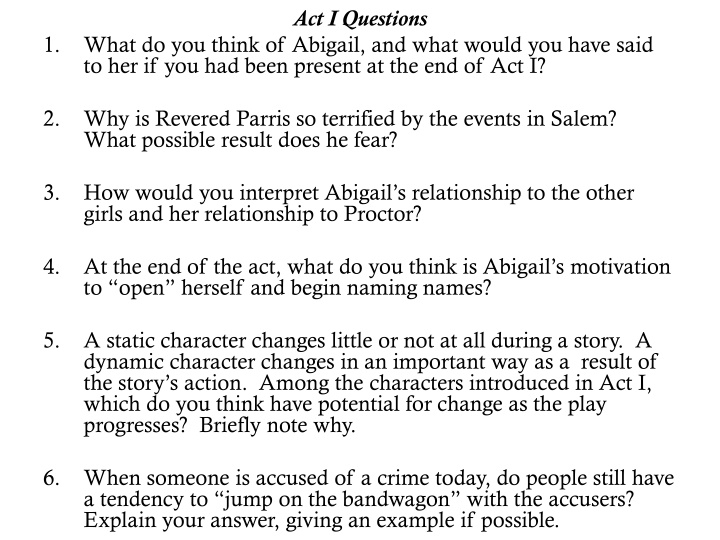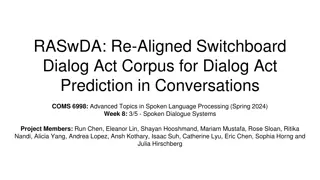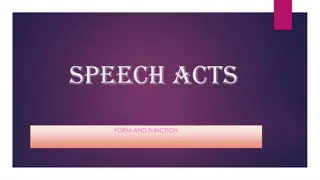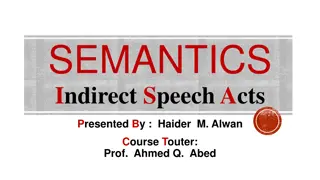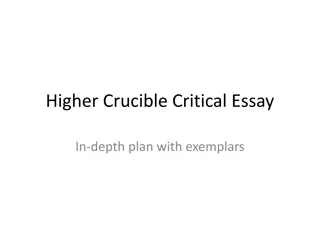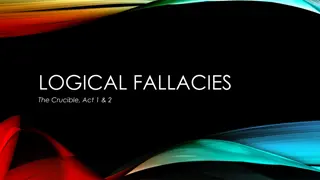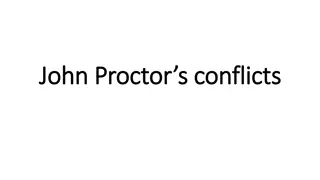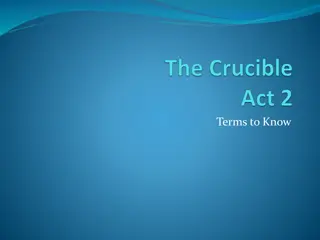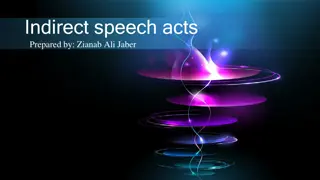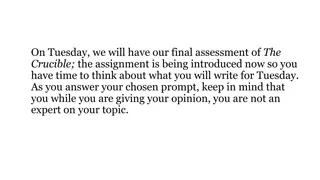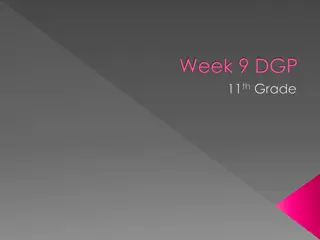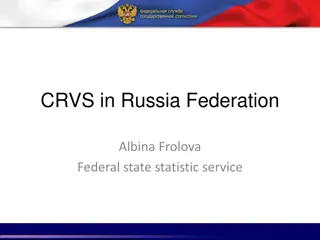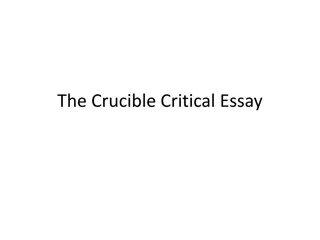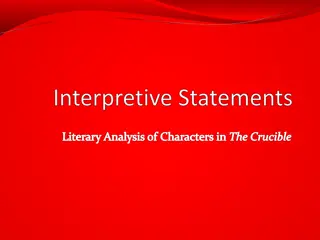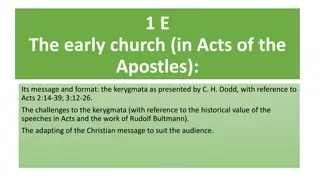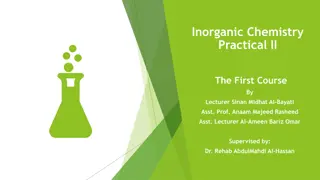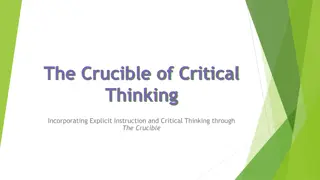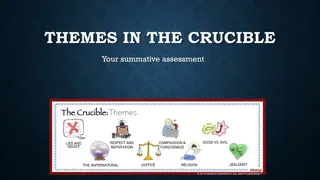Crucial Themes in 'The Crucible' Acts I-IV
Dive into the complex characters, intense conflicts, and thought-provoking dilemmas presented in Arthur Miller's play, "The Crucible," through a series of engaging questions that prompt deeper analysis and critical thinking surrounding Abigail Williams, John Proctor, Elizabeth Proctor, Reverend Parris, Mary Warren, the dynamics of power, morality, and societal pressures in the backdrop of the Salem witch trials.
Download Presentation

Please find below an Image/Link to download the presentation.
The content on the website is provided AS IS for your information and personal use only. It may not be sold, licensed, or shared on other websites without obtaining consent from the author.If you encounter any issues during the download, it is possible that the publisher has removed the file from their server.
You are allowed to download the files provided on this website for personal or commercial use, subject to the condition that they are used lawfully. All files are the property of their respective owners.
The content on the website is provided AS IS for your information and personal use only. It may not be sold, licensed, or shared on other websites without obtaining consent from the author.
E N D
Presentation Transcript
Act I Questions 1. What do you think of Abigail, and what would you have said to her if you had been present at the end of Act I? 2. Why is Revered Parris so terrified by the events in Salem? What possible result does he fear? 3. How would you interpret Abigail s relationship to the other girls and her relationship to Proctor? 4. At the end of the act, what do you think is Abigail s motivation to open herself and begin naming names? 5. A static character changes little or not at all during a story. A dynamic character changes in an important way as a result of the story s action. Among the characters introduced in Act I, which do you think have potential for change as the play progresses? Briefly note why. 6. When someone is accused of a crime today, do people still have a tendency to jump on the bandwagon with the accusers? Explain your answer, giving an example if possible.
Act II Questions 1. At this point in the play, what would you do if you were John Proctor? Describe the relationship between John and Elizabeth Proctor. How do you interpret Mary Warren s visions and accusations? What clues does Miller give us about her motivations? The protagonist of a story is the central character who drives the action, while the antagonist is the character who struggles against the protagonist, often with destructive intent. Which characters seem to have emerged as the protagonist and antagonist? Support your answer with specific evidence. 5. Identify at least three external conflicts, and then describe the internal conflict that John Proctor faces. 6. What insights do you gain about the Puritans that you would not usually see in a history textbook? What dangers are there in relying only on this type of later literature for historical truth? 2. 3. 4.
Act III Questions Act III Questions 1. Identify one phrase or expression in Act III that made a strong impression on you. Tell why the phrase affected you. 2. Danforth believes that he is living in a sharp time in which good and evil are not mixed in people, but are easily distinguishable (which means easy to see). Do you agree with his viewpoint? Why/why not? 3. What does Hale mean when he asks if every defense is an attack upon the court? How has Hale changed by the end of this act? Using your notes/text to help explain the transformation of this dynamic character. 4. When John reveals his true relationship to Abigail, what do think he also reveals about his character and his motivation? you 5. In sports, politics, and war, people often demonize their opponents that is, they portray their enemies as incarnations of evil. Can you think of examples? Why you think people do this? What effect do you think has on society as a whole? do such behavior
Act IV Questions Act IV Questions 1. Which character do youmost identify with? Why? Be detailed. 2. Whydoes Hale counsel Elizabeth to persuade her husband, John Proctor, to lie? In your opinion, do you think he is right to do so? Explain. 3. What motivationsdoes Proctor have for confessing? At the same time, why does he see his confession as deeply ironic and wrong? 4. In the play s climax, Proctor destroys his own confession. Why does he ultimately choose his goodness now?
